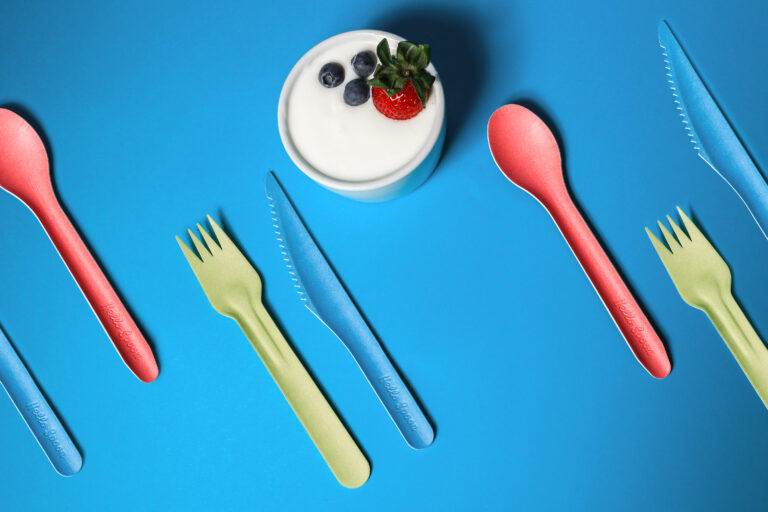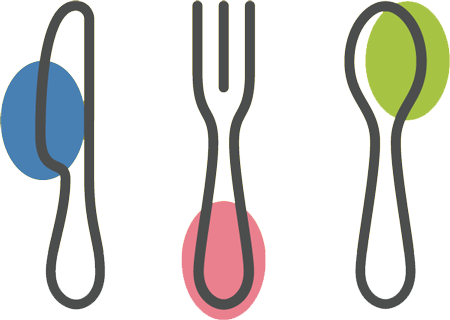
1. Reduce your environmental impact
You’re likely familiar with this issue. Plastics such as polypropylene and polystyrene rely on fossil fuels for production and never fully degrade; instead, they just break down into harmful microplastics that contaminate waterways and soil. In contrast, biodegradable plastic, crafted from renewable plant materials, leaves a minimal environmental impact.
Products like paper straws and compostable cups not only support a circular economy but also ensure that waste collection systems can manage recyclable materials efficiently.
This approach exemplifies the principle that everything made should consider end-of-life recyclability.
2. Protect your health

3. Save marine life
Plastics are a major danger to marine life, such as sea turtles, whales, seabirds, and many other species, when they enter the oceans. Switching to biodegradable and compostable alternatives like bioplastics is a small action that can add up to a significant impact in safeguarding our oceans.
These materials decompose in environments like a home compost without leaving harmful residues, ensuring they won’t harm the environment.
4. Get ahead of regulations
Government restrictions on the use of plastic bags are increasing globally. Transitioning to alternatives made from biodegradable material, such as biodegradable and compostable plastics, places you ahead of the legislative curve.
It also demonstrates to policymakers and consumers that you are committed to being part of the solution. However, it’s important to note that compostable plastic can’t be recycled and should be disposed of in a specific waste bin to ensure it is processed correctly.
5. Boost recyclability
Recycling plastic straws, cutlery, and to-go containers poses significant challenges. Due to their small size, they frequently end up in landfills and waterways.
However, shifting to compostable and biodegradable items, such as those made from biobased materials, can help to reduce this issue.
Products labelled as biodegradable and oxodegradable, or home compostable, can be easily processed in commercial composting facilities where they biodegrade rapidly, unlike traditional plastics.
6. Enhance your reputation
Given the significant concerns regarding climate change and plastic pollution among consumers, adopting environmentally friendly practices can enhance your reputation, aligning with corporate social responsibility (CSR) objectives.
7. Appeal to new consumers
In today’s market, particularly among millennials and Gen Z, consumers prioritize sustainability in businesses. Providing biodegradable straws, cup lids, and utensils showcases your commitment to these values.
By choosing products made from recyclable materials, compostable materials, and natural materials, you align with eco-conscious consumers who prefer biodegradable products to help reduce environmental impact. This approach not only reduces reliance on plastic materials but also enhances your brand’s reputation for environmental responsibility.
8. Reduce your carbon footprint
Switching from plastic to paper servers throughout your facility can result in significant savings on waste bills by reducing the amount of materials sent to landfill.
9. Tap into a growing market
The biodegradable paper and packaging market is booming, projected to grow to $132.74 billion by 2028. With more consumers, restaurants and corporations opting for sustainability, the demand for eco-friendly paper straws, cups, plates and napkins is experiencing a boom. Being a pioneer in supplying this segment offers access to significant new revenue streams.
10. Create loyal consumers
In a McKinsey survey of US consumers, more than 60% of respondents said they would pay more for products with sustainable packaging.
Switching to biodegradable servers, which can be processed in industrial compost facilities, shows that you are attentive to feedback and builds loyalty and trust. This approach not only reduces plastic waste but also supports the transition to more sustainable practices by utilising packaging that is biodegradable and suitable for industrial composting.
With global plastic production rapidly rising, it’s projected there could be more plastic waste than fish in the ocean (by weight) by 2050. Avoid contributing to the problem by transitioning your foodservice packaging and promotional items to sustainable, biodegradable options. Small changes like paper straws make a real difference, both for the planet and your bottom line.
Want to discuss how Hello Straw can help you switch to biodegradable products now?



